Search Results
Showing results 1 to 20 of 34

Food Chains
Source Institutions
In this activity, learners will explore the roles of different animals in the food chain. They will create their own food chain using organisms of their choice.
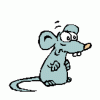
Whatta Web
Source Institutions
In this activity, learners play a game to simulate the food chain.
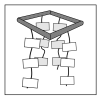
Food Chains and Webs
Source Institutions
In this activity, learners investigate feeding relationships. Learners complete a food web and then make a mobile to represent a food chain.
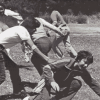
Food Chain Game
Source Institutions
In this outdoor game, learners role play populations linked in a food chain.
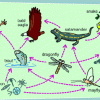
What's for Dinner?
Source Institutions
In this activity (page 5 of the PDF), learners will create a food web and explore food sources for different organisms. They will identify relationships between organisms in an ecosystem.
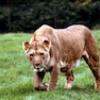
Quick Frozen Critters
Source Institutions
In this activity, learners play an active version of freeze tag based on predator/prey relationships.
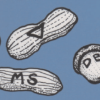
Acorns
Source Institutions
In this outdoor game, learners play the roles of gray or red squirrels gathering and storing a supply of food in "fall" and recovering enough of them to survive the "winter." Learners carry bags repre
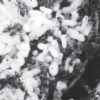
Ants
Source Institutions
In this outdoor activity, learners investigate ant behavior by testing ant feeding reactions to different types of food.
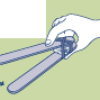
Eat Like a Bird
Source Institutions
Birds' beaks are designed to allow birds to get the most of whatever food they need. In this activity, learners get an idea of how different beak shapes suit different food sources.
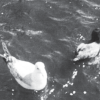
For the Birds
Source Institutions
In this outdoor activity, learners turn the fun of feeding wild birds into an investigation of bird behavior.
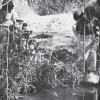
Crawdad Grab
Source Institutions
In this outdoor, freshwater activity, learners explore the behavior and food preferences of crawdads (or crabs) by "fishing" for them with various baits.
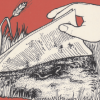
Junk-in-the-Box
Source Institutions
In this outdoor activity, learners explore how a surprising number of animals use human-made litter, such as cans and crumpled paper, to find food and shelter in their environment.
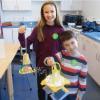
Engineer A Bird Feeder
Source Institutions
In this activity, learners of all ages will design a functional bird feeder using familiar, every day materials.

Bird Beaks
Source Institutions
In this activity, learners investigate different types of bird beaks using household items which mimic different beak examples.
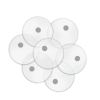
Frog Eggs
Source Institutions
In this activity, learners compare frog eggs to chicken eggs to better understand why frog eggs need water. Learners compare a boiled chicken egg to "frog eggs" represented by boiled tapioca.
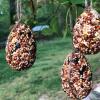
For the Birds
Source Institutions
In this activity, learners will explore nature by creating food for birds. Learners will develop fine motor skills and engage in nature observation through this activity.
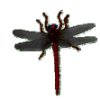
Going Buggy: Three Body Parts
Source Institutions
In this fun snack and craft activity, young learners make "Ants on a Log" and their own model of an insect. The purpose is to learn the three main insect body parts—head, thorax and abdomen.
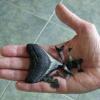
Chomp
Source Institutions
In this activity (page 5 of pdf), learners explore the relationships between the shape and structure of a shark's teeth and the food it eats, and then create their own shark tooth from clay.
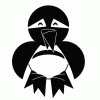
Fraction Penguin
Source Institutions
In this craft activity, learners will recognize, name, and compare the fractions 1/2, 1/4, and 1/8 by constructing a penguin out of portions of paper circles.
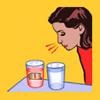
Shark Sense of Smell
Source Institutions
This is an activity about our sense of smell and how it compares to sharks' super noses. Learners will create varying solutions of water and perfume.
